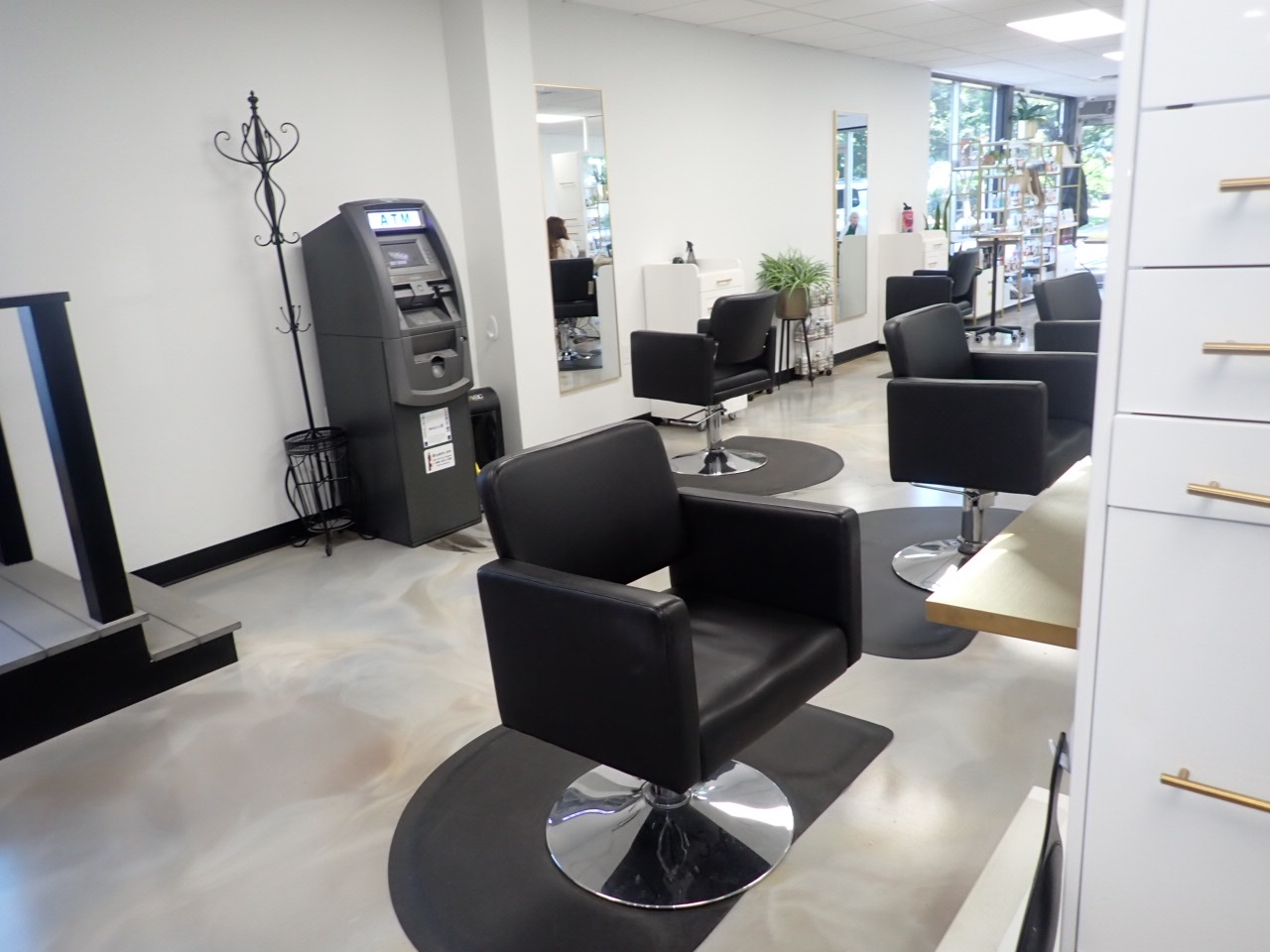 Why is it important to understand hazard mitigation standards associated with the beauty industry?
Why is it important to understand hazard mitigation standards associated with the beauty industry?
July 30, 2025
by Nils Deacon, Manager, Inspections and Rating Services
According to Fortune Business Insights, the US beauty industry is valued at over 220 billion dollars annually, with an expected growth rate of almost 7% in the next 8 years. The market for professional beauty services is segmented into nail service, skin service, hair service, and merchandise sales.
The property and casualty insurance industry is involved in this market with a variety of coverages including:
General Liability – Typical claims are often trip and fall due to wet floors, hair clippings, cords, etc. Additional hazards include burns from curling irons and other appliances.
Commercial Property – Covers building, equipment, and inventory loss from fire, theft, and storms.
Businessowners (BOP) – Combines property and liability coverages.
Workers Compensation – Covers cuts; burns; slip and fall; lack of protective gear; and chemical irritation to eyes, exposed skin, and lungs.
Professional Liability – Claims could be an improper hair dye job, hair falling out, or chemical burns.
A competent, general BOP insurance inspection could cover a number of these hazards. However, a focused beauty, nail salon, spa inspection would address important specific hazards. This includes specialized industry equipment and proper venting of VOC – volatile organic compounds associated specifically with nail salon functions.
Concerning specialized equipment, Underwriters Labs, UL 1727, Commercial Electric Grooming Appliances, provides listing for these appliances which include curling irons, hair dryers, combs, and brushes.
This is distinct from UL 859 which lists Household Electric Personal Grooming Appliances.
It is important that hair salons use commercial grade appliances. These are made to withstand the rigors of hourly and daily use in business operations. Increased equipment tolerances, redundancies, and higher-grade materials are required. Malfunctions could cause severe injuries to customers and staff. The hazard of an electrical fire could endanger the salon as well as nearby businesses and buildings.
DISCLAIMER: This information reflects the interpretation of MSO, Inc. with regard to NFPA Standards and Codes and other code sources. It does not represent these codes’ official position on the items discussed.
Beauty salon

